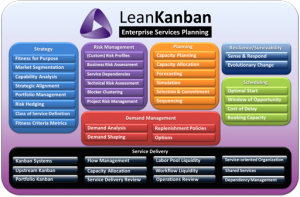
Are You Ready to Play the Little’s Law Game?
Todd Little, Chairman of Kanban University, invites you to his 2022 Kanban Global Summit workshop
Monday, August 22
4:00 PM – 6:00 PM
Kanban Global Summit
San Diego, California, USA
Little’s Law has been used in queuing theory for over half a century. It is an elegant explanation of the relationship between average throughput, Work in Progress (WIP), and cycle time.
In a stable environment, it gives us a good understanding of the performance of the system which can be used for forecasting. But where are the estimates? Certainly, size must matter. But does it?
In this workshop at the Kanban Global Summit, Todd Little explores Little’s Law through theory and the experience of simulations. Each attendee will come away with a better understanding of Little’s Law and the core assumptions necessary for it to be applicable and useful in forecasting. Through the simulation, you will experience why the estimation of individual items is often not necessary in an environment where Little’s Law applies.
Watch the video above to hear more from Todd Little and why you should attend his session.
Kanban Week 2022 will follow the CDC’s Covid safety guidelines, along with state and local guidelines for California and the city of San Diego, to ensure a safe event for attendees.


